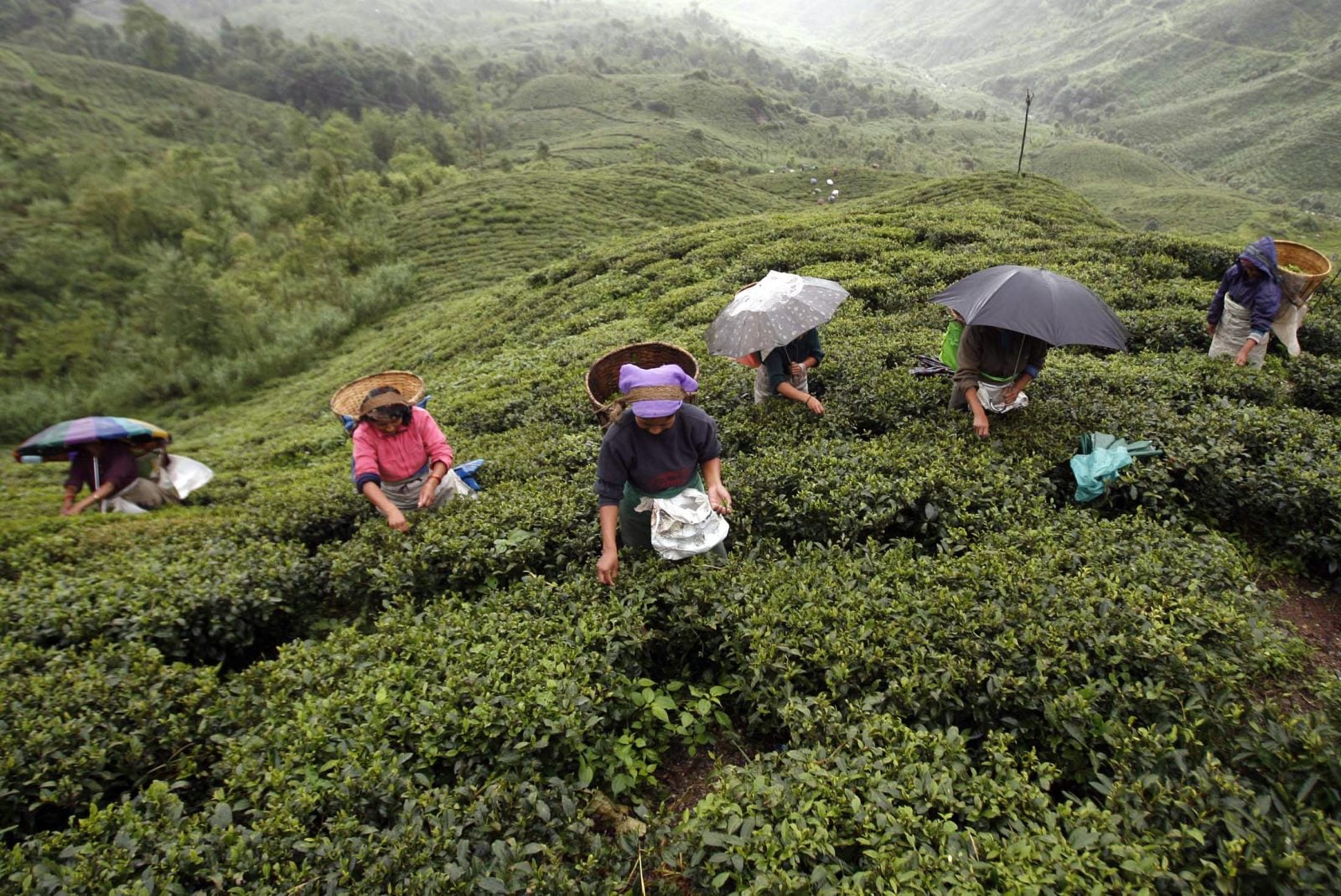Darjeeling’s famous tea industry is in hot water after ethnic conflict wipes out a key harvest
India’s most famous tea-growing region, nestled in the Himalayan foothills, is wilting under strife.


India’s most famous tea-growing region, nestled in the Himalayan foothills, is wilting under strife.
Embroiled in an ethnic conflict, tea estates in Darjeeling in the eastern state of West Bengal have, for the first time, lost an entire harvest of the prized second flush tea that grows from late May to early June. Tea from this region is among the world’s most expensive, fetching a record-breaking $1,850 per kilo in 2014, and is largely exported to European markets.
Yet, Darjeeling’s 87 tea gardens, known for leaves with bold and strong flavours, won’t be sending out export orders this summer, leading to an estimated loss of Rs150 crore ($22.5 million).
An indefinite shutdown, now in its 23rd day, by the Gorkhas in Darjeeling and its surrounding areas over demand for a separate state (Gorkhaland) has stalled business. The Gorkhas are a Nepalese-speaking community who are in a majority in the region.
“This is the first time we lost the entire second flush,” AN Singh, managing director of Goodricke Group, a Kolkata-based tea producer, told Reuters. “The viability of tea estates is totally dependent on the second flush volume and quality. This is 20% in terms of volume and 40% in terms of revenue. This is a complete disaster for the industry.”
The tea industry had seen this coming. When tensions resurfaced in June this year after the West Bengal government sought to introduce Bengali as a compulsory subject in schools, planters had warned of a crisis.
“The indefinite agitation will result in loss of crop and quality,” Azam Monem, chairman of the Indian Tea Association, a tea producers’ body, told AFP on June 22. “It will break the back of the tea industry in Darjeeling.”
But the agitation, spearheaded by the Gorkha Janmukti Morcha, made no exceptions and the entire hill region has been shut down, including schools, colleges, and shops. So far, three people have been killed.
Amid this unrest, tea-workers, for long suffering low pay and lack of amenities, joined the strike, an NDTV report said. And business is expected to suffer even when production resumes. “The lack of plucking activity over the past 20 days is expected to have an impact on the production volume as well as the tea quality, even when operations re-start,” Kaushik Das, vice-president and sector head at credit rating agency ICRA, said in a note. The timely plucking of fine leaves is essential to the overall quality of tea.
But it’s not just Darjeeling that has suffered.
Neighbouring Sikkim, which can only be accessed by a road cutting through the Darjeeling hills, has reportedly threatened to sue West Bengal for Rs60,000 crore. The Sikkim government has claimed that unrest in Darjeeling has hampered tourism and the state’s development over the last three decades.
This is no storm in a tea cup.